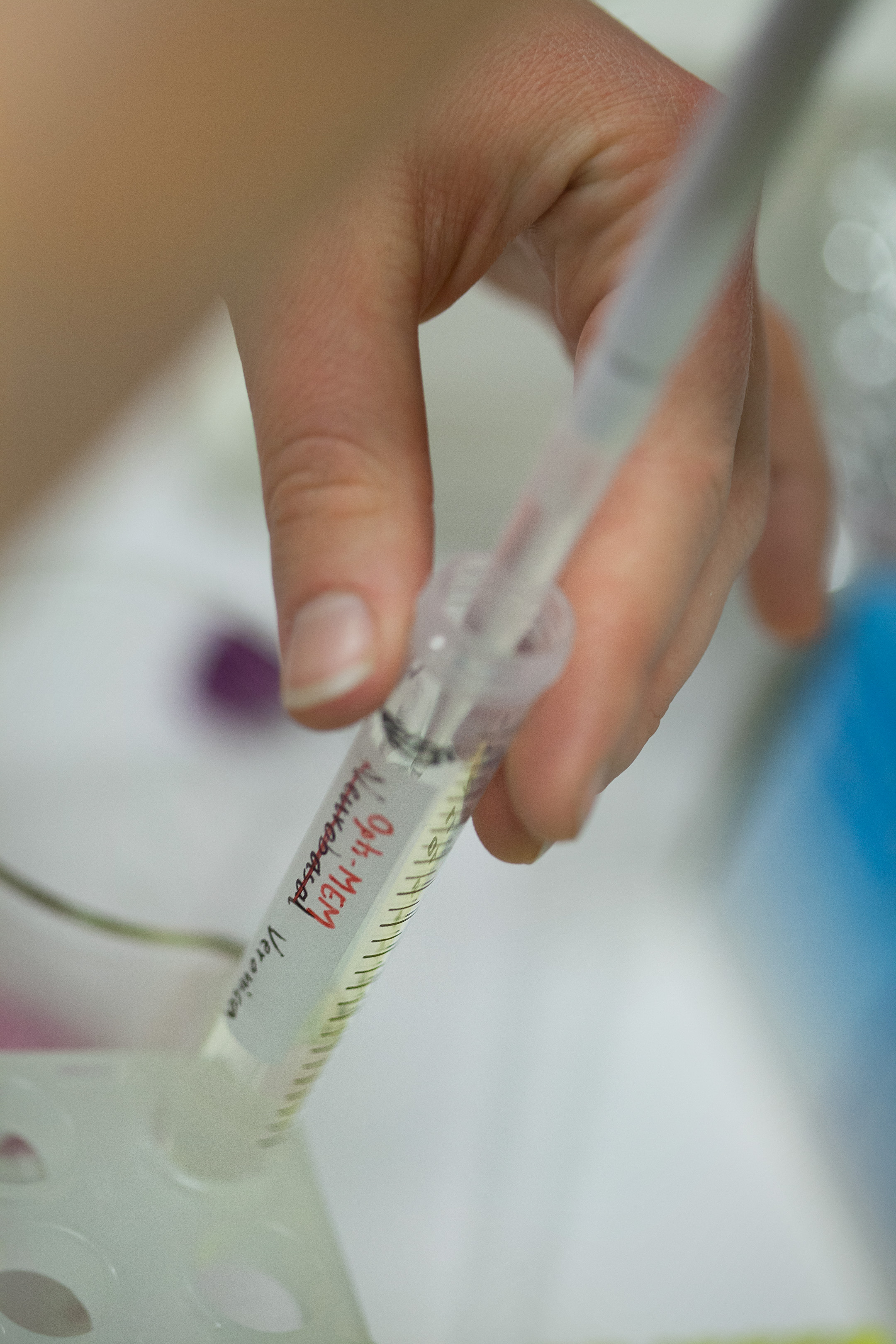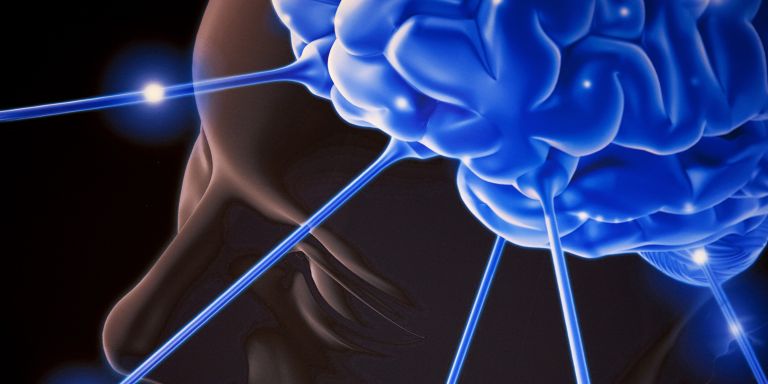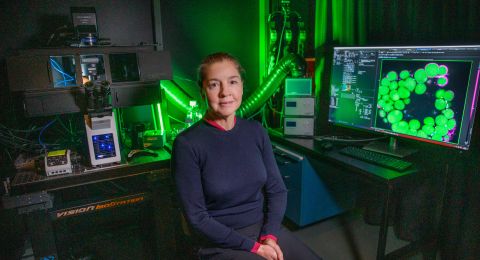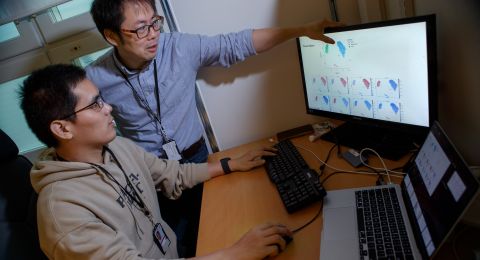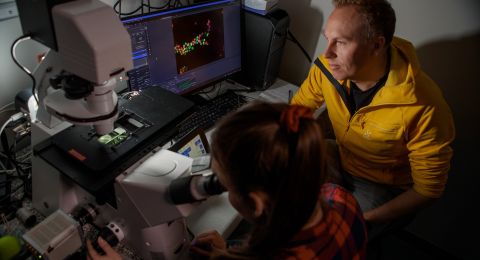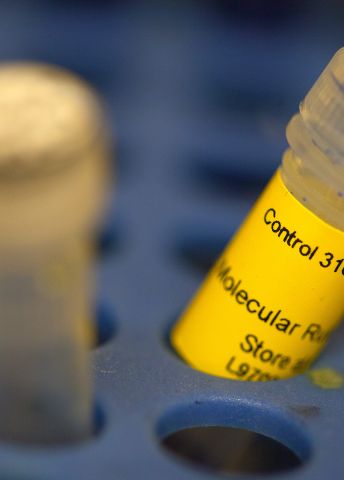
Strategic Grants
Swedish Brain Power
Swedish Brain Power facts
Swedish Brain Power is a network of Swedish brain researchers for dementia, Parkinson's and ALS. A common factor for the neurodegenerative diseases is that nerve cells die, but that it happens in different places in the central nervous system and thereby causes different injuries.
Research in the network is organized into nine areas: preclinical research, genetic research, research on biomarkers, diagnostics and treatment, epidemiological research, neuropsychological research, research on care and rehabilitation, research on health economics and primary care, and ethics research.
Homepage:
www.swedishbrainpower.se.
Grant in SEK:
SEK 100 million over five years
Today, there are no medicines that cure or slow the progress of Alzheimer's or other diseases of dementia, although there are pharmaceuticals that alleviate the symptoms. Despite intensive research worldwide, breakthroughs have been elusive. The most recently developed medicine was launched as late as 2002. Hopes have since hung on a few pharmaceutical candidates, but they proved not to be viable in the final phases.
“The trend in the pharmaceuticals industry is unfortunately a reduction in its efforts. Most of the research now takes place at universities. There are many ideas, but developing pharmaceuticals is a long and expensive process,” confirms Professor Bengt Winblad, head of the effort.
Lars Lannfelt, one of the researchers in Swedish Brain Power, active at Uppsala University, leads one of the few studies on a pharmaceutical candidate, an antibody treatment, hoped to be able to slow down the development of Alzheimer's. The antibody is focused on what is believed to be the root cause of the development of the disease.
“He found a a mutation, the so-called arctic mutation that led to the disease in one family. He has since developed antibodies that are now injected as a part of a clinical study on some 650 people in Sweden,” explains Bengt Winblad.
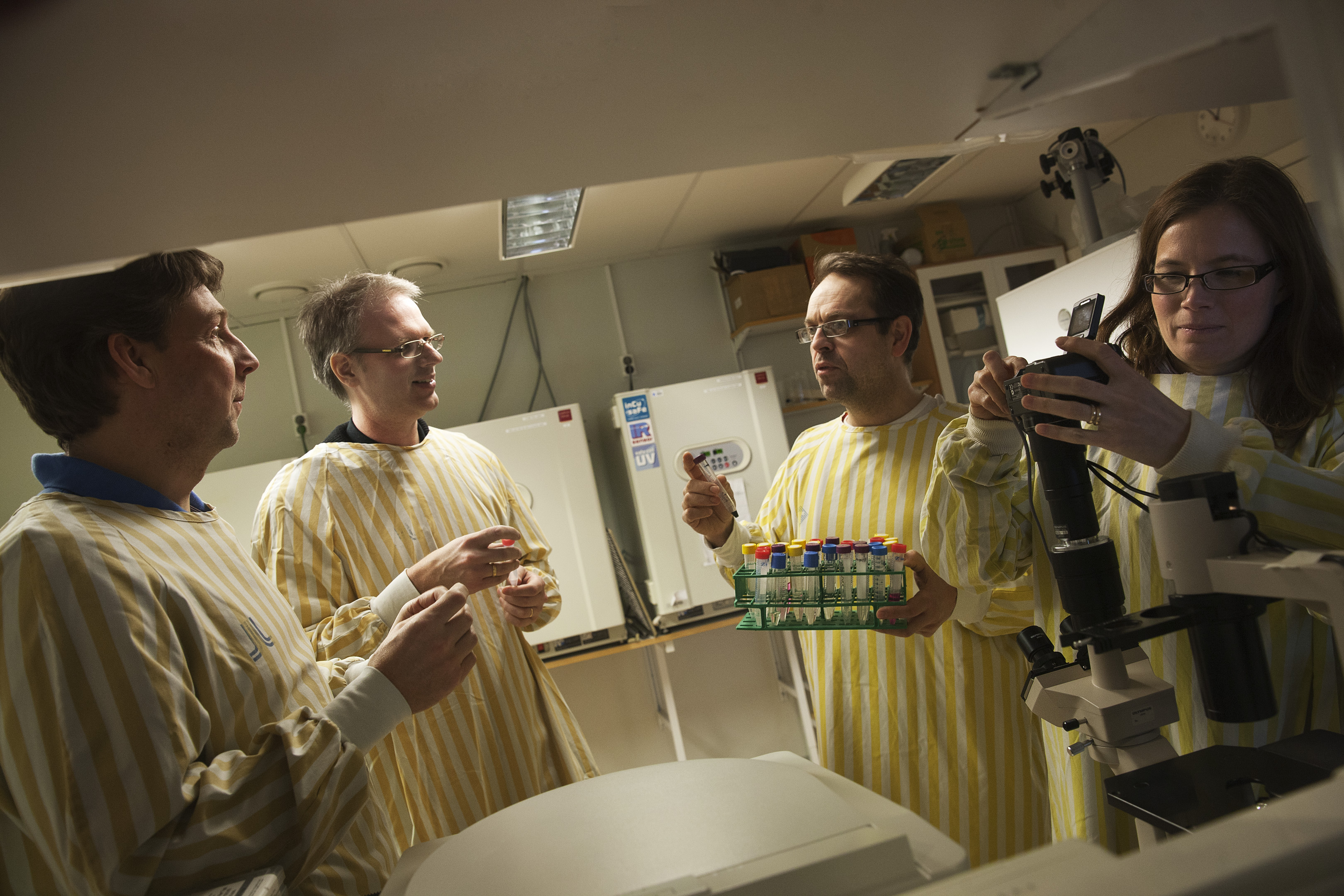
Diagnostics, treatment and care
Swedish Brain Power, which is a network of researchers not only on dementia, but also other neurodegenerative diseases such as Parkinson's and ALS, was formed in 2005 with support from several financiers. During the period 2010-2015 the research program received SEK 100 million in grants from the Knut and Alice Wallenberg Foundation.
The overall goal is to improve early diagnosis, treatment and care of patients with neurodegenerative diseases.
Other goals are to develop, test and evaluate new medicines and other new treatments in early the stages of disease and to maintain an internationally leading position for Swedish neuroscience to be able to attract Swedish and international industry cooperation.
Became a role model
Specialists in several areas of research such as medicine, genetics, care research, behavioral science, engineering, IT and image analysis cooperate.
“For me, the most important aspect has been getting researchers and research groups to work together, both laboratory researchers and care researchers, as well as research groups in Gothenburg and at Karolinska Institutet, who have always competed with each other. I thought it would come crashing down, but it has led to a number of high-quality studies and methods,” says Bengt Winblad.
The model has proven so successful that it has had several imitators.
“The project was unique when it began, but both France and Germany have since initiated similar efforts.”
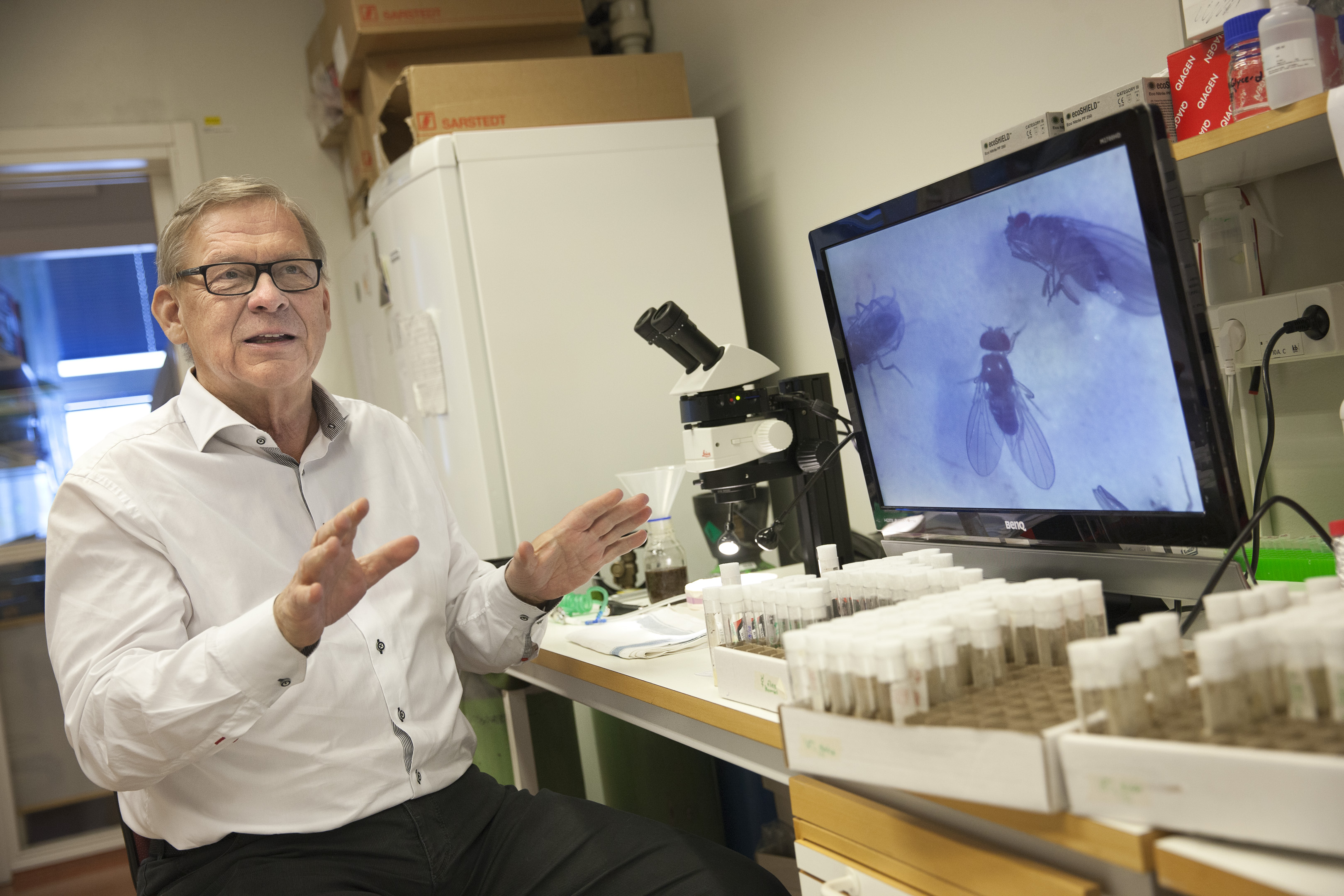
Bengt Winblad lead during 3.5 years also a research cooperation within the EU (BIOMARKAPD) on biomarkers for neurodegenerative diseases. Biomarkers can basically be explained as substances that indicate pathogenic changes or receptiveness to treatment. The project was a part of the broader European research cooperation within the EU Joint Programme - Neurodegenerative Disease Research (JPND). Swedish Brain Power researchers Kaj Blennow in Gothenburg and Lennart Minthon in Malmö and their research groups where also included from Sweden.
Many new results
Among the successes that the Swedish network's researchers have achieved are important discoveries for early diagnosis of dementia. New biomarkers have been developed that can be analyzed in spinal fluid and reflect what happens in the brain of patients with Alzheimer's disease. The researchers have also built up several databases, such as the Swedish dementia register, SveDem. New risk genes have been found for the diseases ALS and frontotemporal dementia. In addition, new animal models have been developed that open new research opportunities. Instruments have also been worked out to measure various factors in care and the functional capacity of healthy older people and older people with cognitive problems.
Attractive for pharmaceutical trials
Research is mainly being conducted at the large university hospitals, but also in primary care in Nordanstig, Hälsingland and Linköping.
“We intend to cover the entire chain from basic research to primary care,” explains Bengt Winblad.
This ambition has also attracted many foreign pharmaceutical companies.
“We have become attractive for clinical trials and this in turn benefits the research.”
The greatest causes that a growing segment of the population is afflicted by dementia are due to the fact that we are growing older.
“We have also obtained ever better diagnostic tools that enable us to make a diagnosis early. We can catch people as early as their 30s. The sad part is that we do not yet have any effective treatments to offer,” confirms Bengt Winblad.
Text Carina Dahlberg
Translation Semantix
Photo Magnus Bergström
Dementia facts
Nearly 36 million people in the world are estimated to have dementia, with 7.7 million new cases every year. The social costs of the disease, meaning the bill for care and nursing plus the loss of income for the ill and their relatives, are estimated at USD 604 billion.
The most common forms of dementia are:
• Alzheimer's disease (60% of dementia cases in Sweden)
• Vascular dementia
• Frontotemporal dementia
• Lewy body dementia
• Parkinson's with dementia
• Huntington's disease
